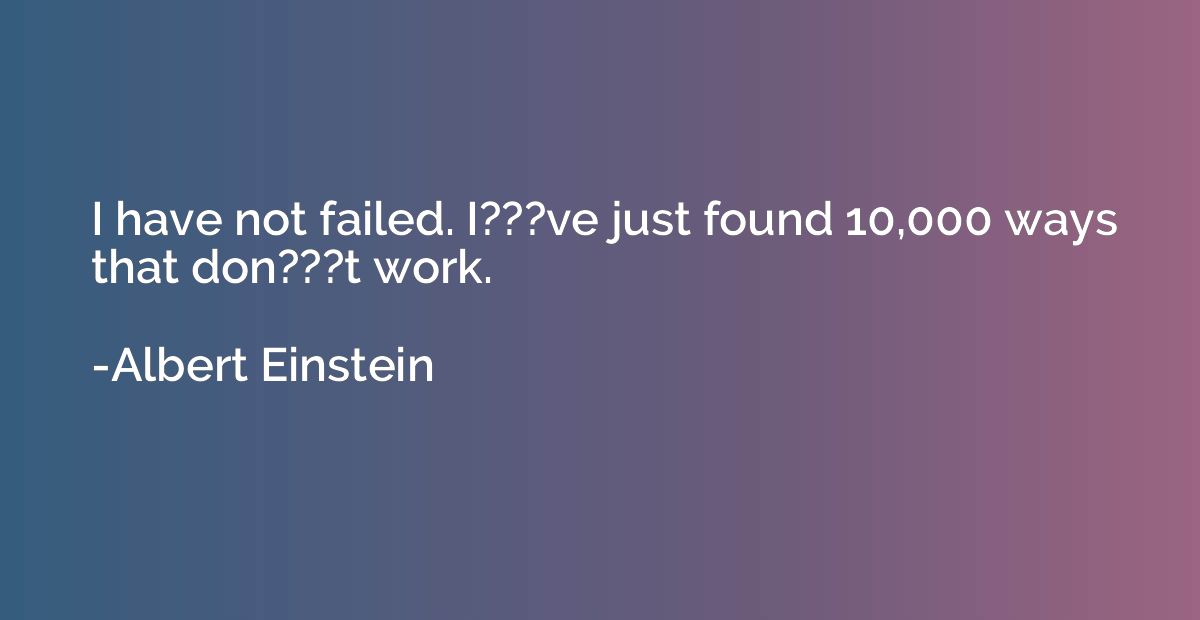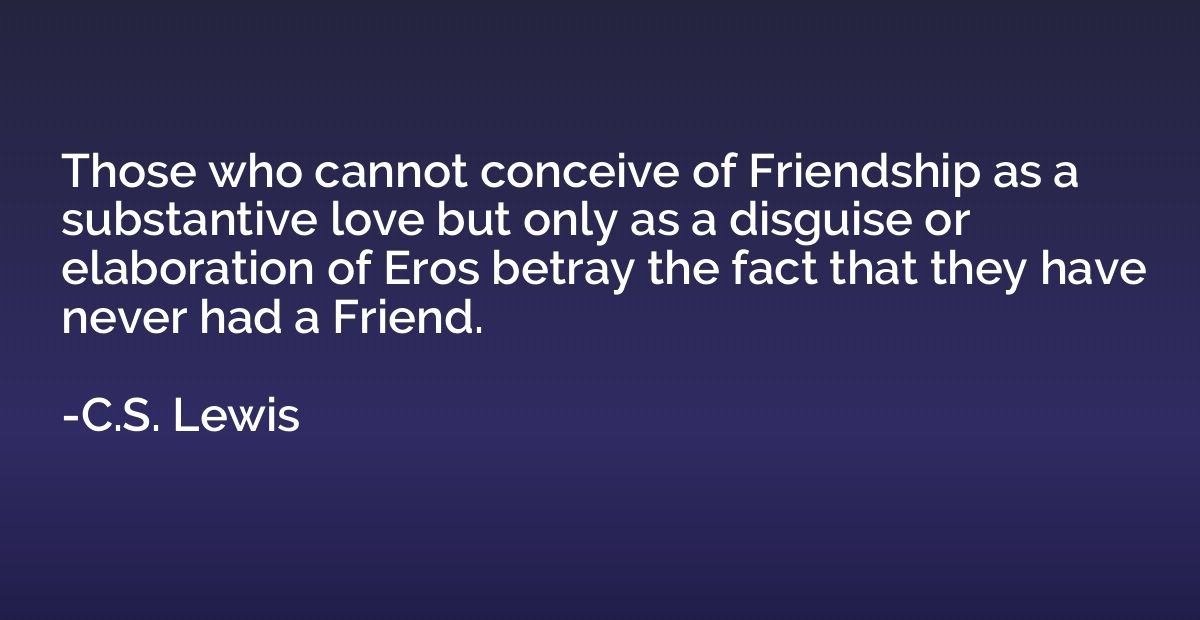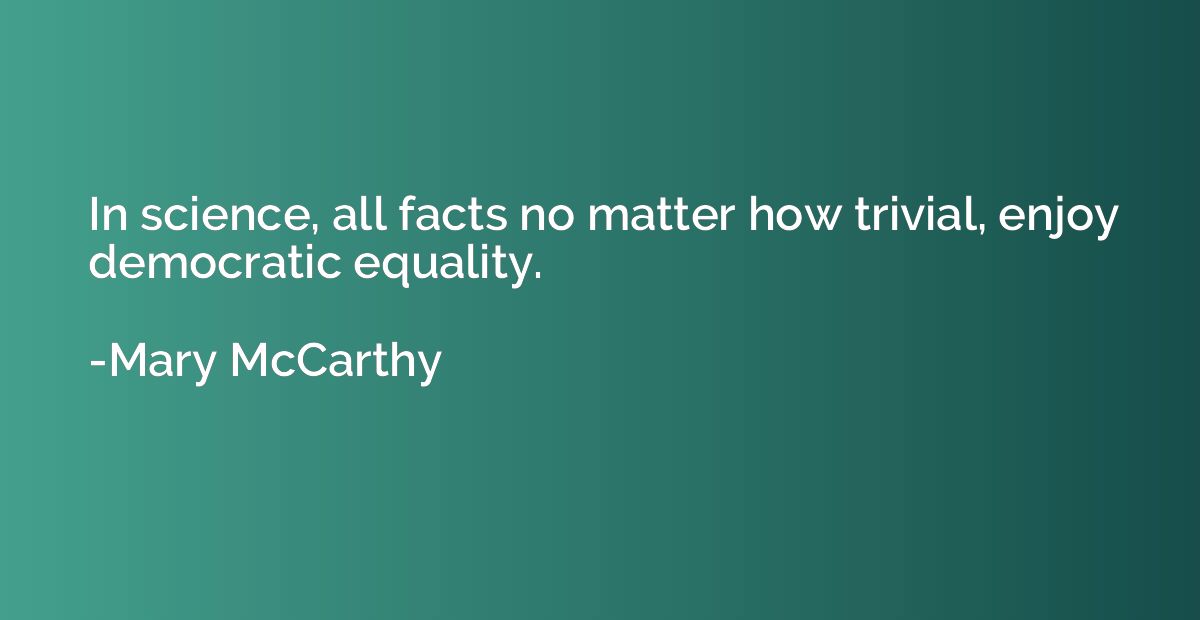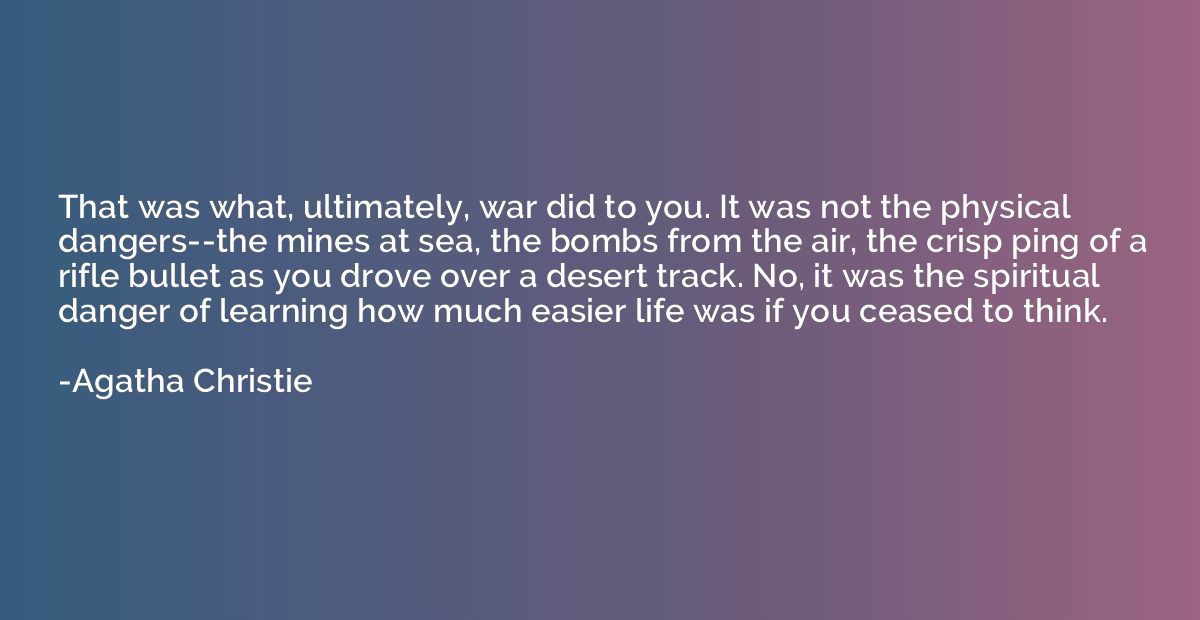Summary
This quote, often attributed to Thomas Edison, captures a positive perspective on failure. It suggests that failure should not be seen as a complete defeat or a reason to give up, but rather as a valuable lesson and a stepping stone to success. By highlighting the numerous unsuccessful attempts in the process of inventing, it emphasizes the importance of persistence, resilience, and learning from mistakes. It encourages individuals to view setbacks and failures as opportunities for growth and discovery rather than sources of discouragement.















